By Zablon Oyugi
In 2016 the Israeli and Kenyan governments signed “The Jerusalem Declaration” or the “Declaration on Collaboration in Water and Irrigation” opening the door of scholarship for many young interested agricultural graduates to further their studies in crop production.
Peter Kimani, 30, was one of the applicants for the 11 months free-to-undertake programme at Arava International Center for Agriculture Training (AICAT) in Sapir, Israel.
“I had just graduated in July the same year and I felt so happy to be among the 101 students who had qualified for the AICAT studies,” said the 2016 land resources planning and management graduate from Jomo Kenyatta University of Science and Technology (JKUAT).
In Israel, they would go to class on Mondays while the rest of the week days they were expected to be in the field for practical work that took about 10 hours daily.
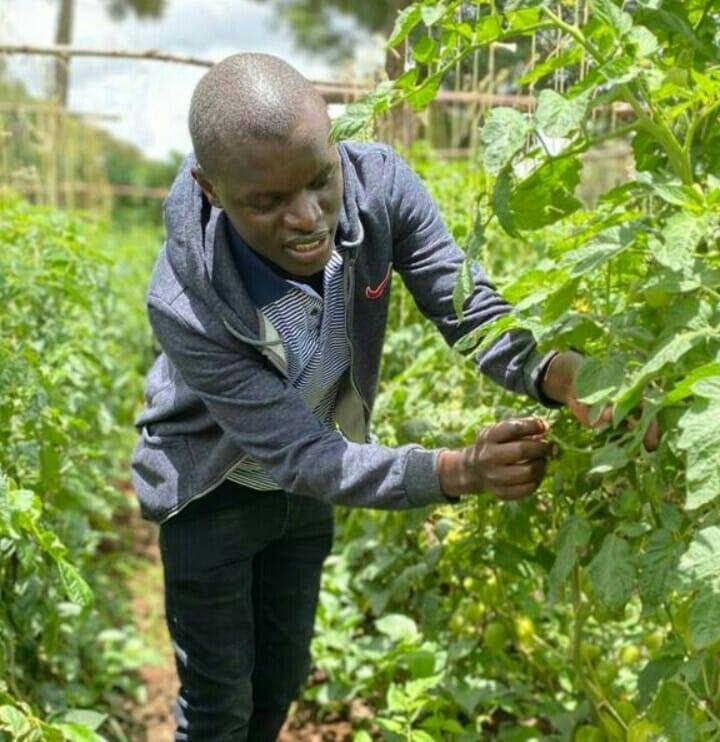
They were paid each, 30 shekels (about Sh900) per hour for the work they were doing in the field. This became part of their pocket money, savings and flight loans.
At the time they came back to Kenya in June 2017, apart from a certificate in Advanced Agricultural Technology from AICAT, Peter had saved up to Sh0.5 million which he planned to begin his agribusiness enterprise.
In August the same year, he joined hands with a friend who had some piece of land in Thika and they erected two big greenhouses and a net house where they would start growing tomatoes and cucumbers.
“I remember at the time, Tylka F1 tomato variety and Super Marketer cucumber variety were popular in the market. So, we had 1,400 tomato plants in the greenhouses and 1,000 cucumber plants in the net house,” said Peter.
At the end of the season, just a single tomato plant gave Sh1,500 while a cucumber plant yielded up to 17 kilos which they sold at Sh40-60 a kilo for traders in Thika while some were transported to City Park Market in Nairobi.
In the second season they increased the number of plants and when their earnings also increased, they both decided to go on their own.
Peter leased some pieces of land in Keno, Sagana and Thika, did soil and water analysis before venturing also into vegetables such as cabbages, kales, spinach and onions.
Soon he would grow into a renowned farmer in the area visited by students, and farmers to learn while corporates came for benchmarking.
While students he allows to learn for free, others he charges Sh500 per head and Sh5,000 for a group.
He has since delved into herbs and spices growing crops such as basil, pepper mint, rosemary and coriander which has exposed him to the export market.
Currently his earnings have increased standing at Sh760,000 net a season from the short-term crops alone.
He is also an agribusiness consultant to various agricultural firms and individuals. His services are charged depending on the amount of investment one has put into the business with the minimum amount being Sh180,000 per season for firms.
The young agro-entrepreneur is now in discussion with various industry leaders. His future plant is to construct a tomato processing plant which will save farmers from heavy losses during glut when many fruits go to waste.



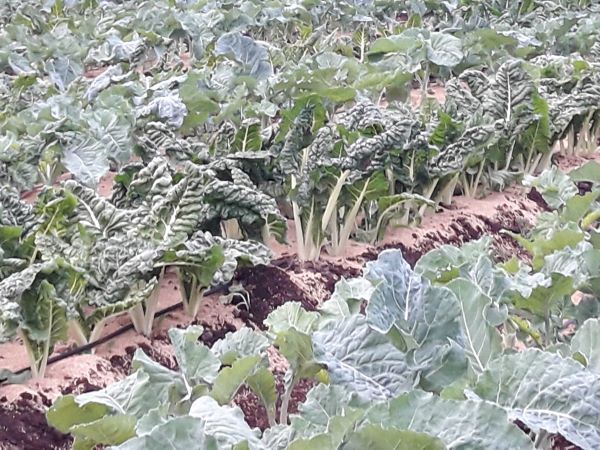
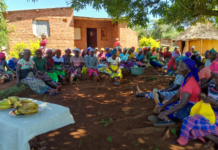

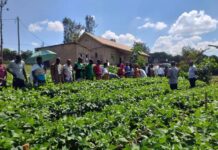

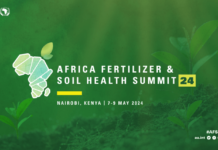

This is quite encouraging.
Good venture I have been watching documentaries Israel agricultural technology and its impressive.Please assist with leads on how I could visit this farm ?
Good venture
Impressive article. How may interested parties visit Mr Kimani’s farm, ie, contacts please.
Thankyou
Regads
Beautiful and inspiring story, I love farming too, since a very tender age. I taught by my Father, I have never been to any agriculture school. I would like to be in touch with Peter, to learn more from him and of course exchange ideas.
Good job.i love farming but huku Nairobi….where can do it.?
Good morning
Comments are closed.